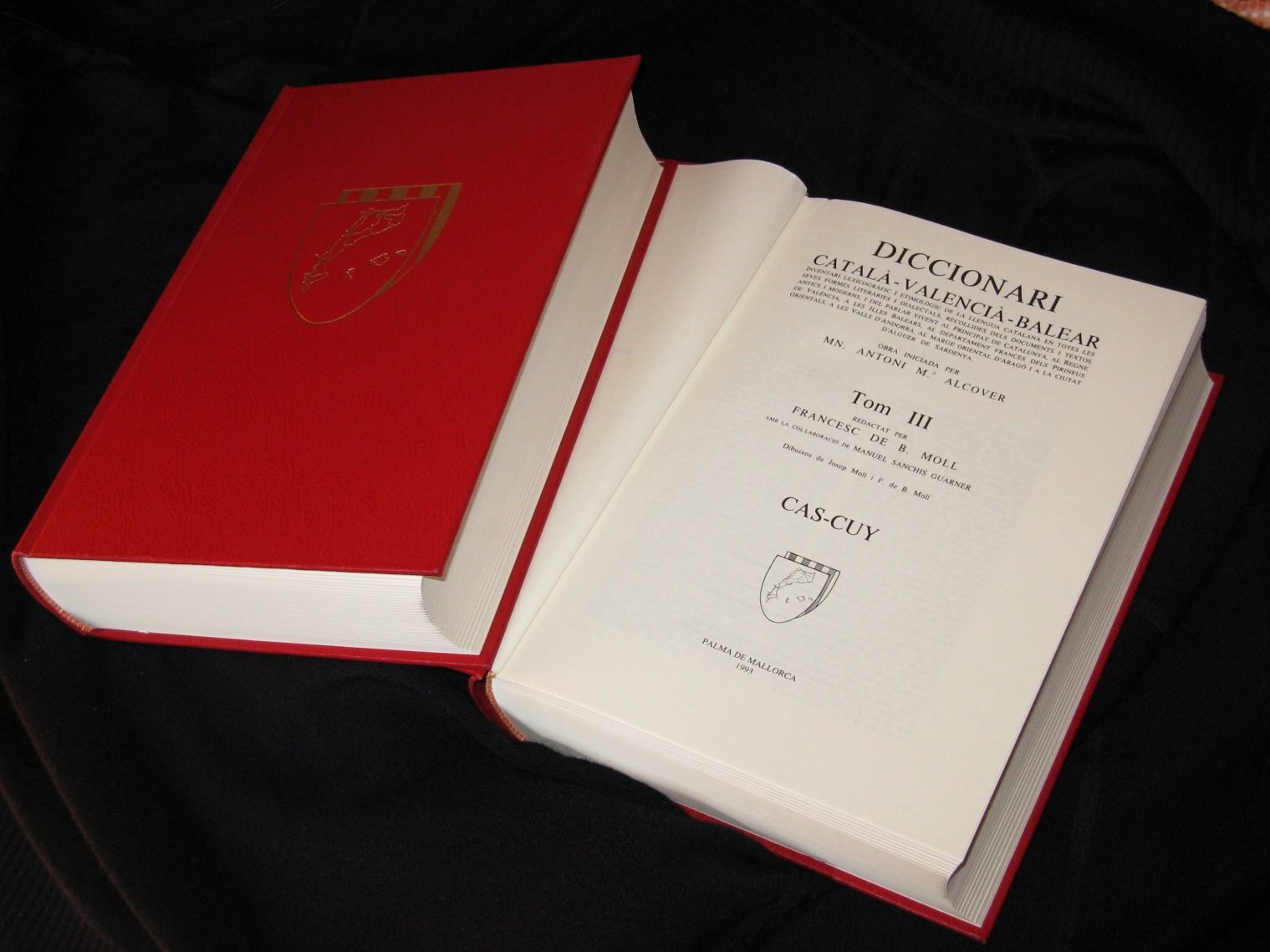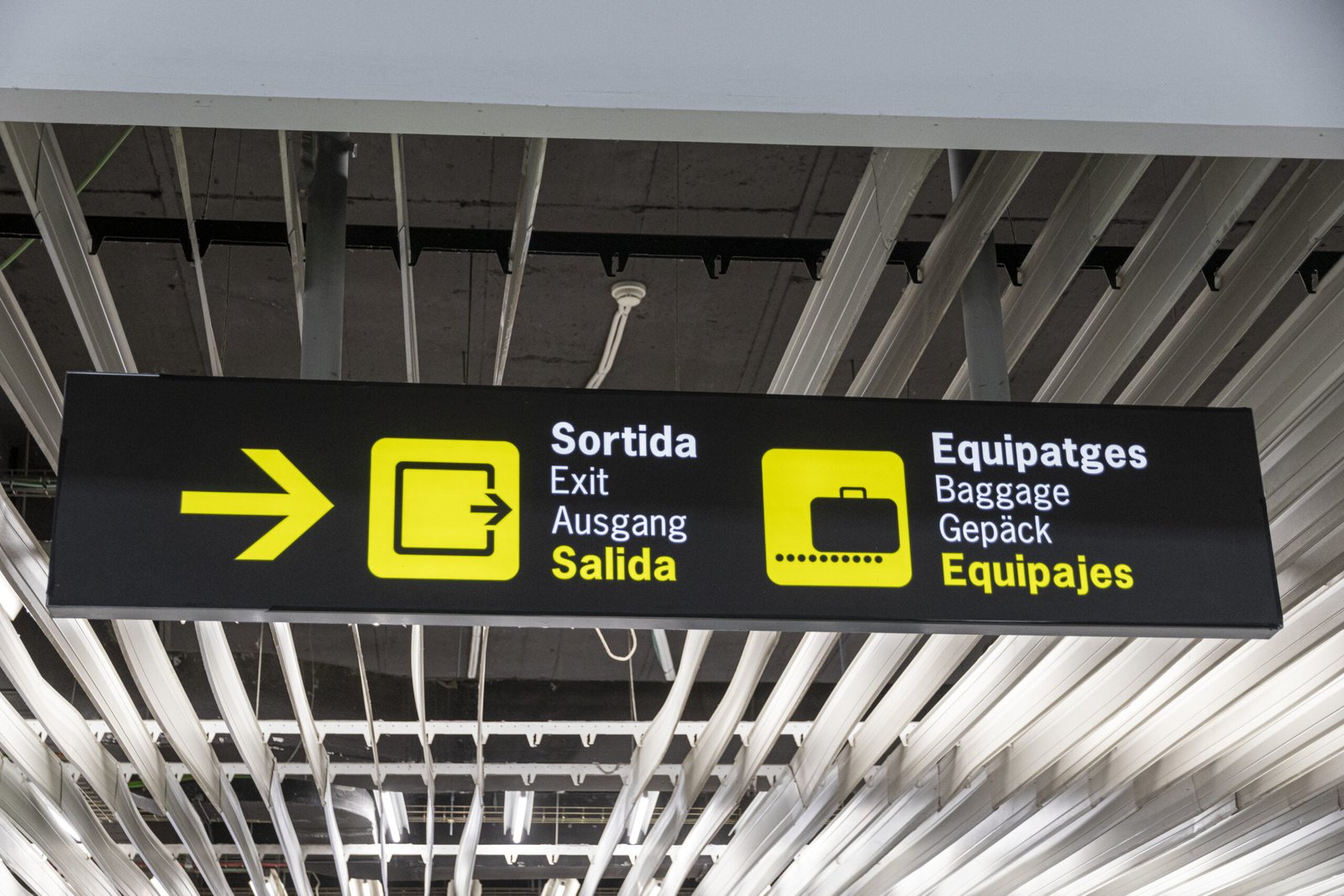The native language on Mallorca is Catalan. You may sometimes hear it referred to as Mallorquí, the name for the dialect of Catalan spoken on the island. Outside of Palma, most people speak Catalan at home and on the street and in places of business. A Catalan certificate is required for government jobs in Mallorca.
Nevertheless, a number of other languages are spoken on Mallorca by both Mallorcan natives, transplants and foreigners. These include Spanish, English, German, Arabic, Italian, Russian and many others.
| Language | Speakers | Household Speakers | Official | Required in School |
|---|---|---|---|---|
| Catalan | 75% | 44% | ✓ | ✓ |
| Spanish | 94% | 50% | ✓ | ✓ |
| English | 23% | 2% | × | ✓ |
| German | 4% | 2% | × | × |
Do They Speak Catalan in Mallorca?
Catalan is the native language on Mallorca and one of the official languages. It’s spoken by 75 percent of the population, as a native language by 36 percent, and is the language of use in 44 percent of households. Plus, it is the language of instruction in public schools and is required for jobs in the public sector.

Mallorca was conquered by Jaume I and the Crown of Aragon in the 13th Century, which brought Catalan to the island. The Balearic Islands, including Mallorca, are one of the five Països Catalans, or “Catalan Countries,” the other four being Catalonia, Valencia, Andorra and Alghero, a town in Sardinia.
Is Catalan a Dialect of Spanish?
Catalan is not a dialect of Spanish. Closely related to Occitan, a language spoken in the south of France, Catalan is in the Occitan language family and not any more related to Spanish than other Romance languages like French or Italian. In fact, Catalan is less closely related to Spanish than Portuguese, which is not a dialect of Spanish either.
Is Mallorquí a Separate Language?
Mallorquí is a name for the dialect of Catalan spoken on Mallorca. Catalan speakers on Mallorca can speak with and understand Catalan speakers from the other Catalan Countries. I have personally watched my wife and her family communicate seamlessly with other Catalan speakers from Catalonia and Valecnia.
This mutual intelligibility means that these people speak the same language. The minor differences between standard Catalan and Mallorquí only represent dialect, and claims to the contrary are usually politically motivated, not based in linguistic science.
Mallorquí has three primary differences from standard Catalan:
- Articles: While standard Catalan uses the articles el, la, els and les, Mallorquí used es, sa, es and ses. There are some variations on this, especially in Pollença.
- Conjugation: In the first person present singular, Mallorquí drops the -o that’s used for many standard Catalan verbs. For example, t’estimo (I love you) in standard Catalan is t’estim in Mallorquí.
- Object pronouns: Standard Catalan speakers in Catalonia tend to use the objective pronouns et, em, es, etc. more often while Mallorquí speakers use te, me, se, etc. more often. However, both populations do use both.
Additionally, Mallorquí has different vocabulary and pronunciations compared to other dialects of Catalan. For instance, whilte cat is gat in standard Catalan, Mallorcans say moix. Vocabulary even differs between towns within Mallorca itself.
Do They Speak Spanish in Mallorca?
Since it’s an autonomous community of Spain, Spanish is also an official language along with Catalan in the Balearic Islands and therefore Mallorca. Spanish is the language of communication in some 50 percent of Mallorcan households, primarily in Palma, the only major city. Many of these are transplants from the Spanish mainland. There are also many households where some family members speak Spanish with certain people and Catalan with others.
As a general rule, Spanish is more dominant in Palma where it’s also spoken on the street and in businesses. Once you leave Palma, though, Catalan is more dominant.
In addition to the many people who speak Spanish at home, most Mallorcan Catalan speakers learn Spanish as a second language. It’s a required subject in school. As a result, 94 percent of people on Mallorca speak Spanish in one way or another. The only exceptions are very elderly people in some of the small villages.
Do They Speak English in Mallorca?
English is a required subject in school in Mallorca. Nevertheless, only about 23 percent of people on the island speak English, even lower than the general Spanish average of 27 percent. Many hotel workers and waiters speak English, especially in prime tourist areas like Palma, Calvia, Port de Alcudia, etc., but it’s still not a given.
Of course, there are many British expats and seasonal workers—though Brexit has severely reduced this number—as well as workers from European countries that typically have a high level of English like Germany, Sweden, etc. In fact, there are roughly 18,000 British people living on the island, especially in the area west of Palma that includes Palmanova, Calviá and Magaluf.


Do They Speak German in Mallorca?
When I first arrived in Mallorca, I honestly thought I’d have more opportunities to practice my German than my Spanish. Some 37,000 Germans live on the island and over 660,000 come to visit each year. Mallorca is sometimes jokingly referred to as the 17th Bundesstaat, or German state.
To cater to this wave of tourists, many hotels and restaurants have staff that at least speak basic German, and some Mallorcans opt to learn German in school, though it isn’t required. You’ll find the highest number of service workers speaking German in the parts of the island highly populated by German tourists, such as Playa de Palma, S’Arenal and Alcudia.
Want to Learn Spanish to Live or Work in Mallorca?
If you want to live in Mallorca, it’s essential that you learn Spanish and Catalan. For one thing, it makes going through government bureaucracy and everyday tasks like getting a cell phone plan much easier. I don’t know how I would have gotten my Spanish driving and motorcycle licenses in Mallorca without knowing the languages. Plus, they are often required to get certain jobs or attend the university.
Luckily, the internet has made learning a language easier and more personalized. While there are plenty of programmed apps you can use, I have always found these focus on grammar and memorization over actual communication. The only way to really learn a language is talking to people.
If you want to learn Spanish fast, I highly recommend Lingoda. It’s an online language school with both individual and group class options. What I really like is that they have teachers around the world and classes at any time. So I have the flexibility to pick classes as I have free time. Plus, they offer programs like sprints that are basically more flexible—and economical—intensive courses.

